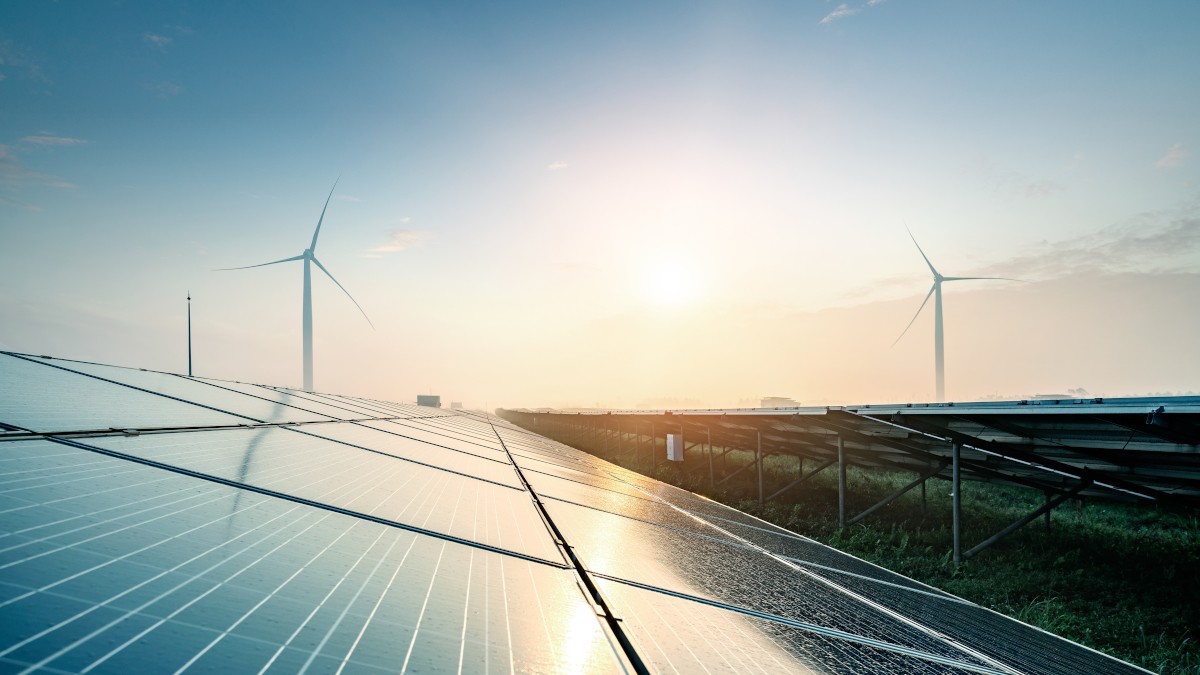Since November 2021, all electricity is supplied by a company called “Natur Energi” (Nature energy), an organization known for its green energy contracts. Busch Denmark has received a certificate that describes it as a company that buys climate-friendly electricity, which is produced from renewable energy sources. Using renewable energy is an important step for Busch towards becoming a more climate-conscious company and working on a sustainable profile.
Last year, Busch Denmark consumed a total of 82,339 kWh of electricity generated by onshore and offshore wind turbines. Assuming an energy mix generated 50% by onshore and 50% by offshore wind, a wind turbine can be said to emit an average of 7.5 grams of carbon dioxide per kilowatt-hour during its lifetime (according to GEMIS*, an onshore wind turbine emits 10 grams, an offshore wind turbine 5 grams). This is because CO2 is also emitted during the manufacture and transport of wind turbines. According to Statista**, the CO2 emissions of the average energy mix in Denmark is 130 grams per kWh. This means that Busch Denmark now saves more than 10 tons of CO2 per year.

The electricity of Busch Denmark is now provided by the Danish company “Natur Energi”. It supplies 100% green energy and thus ensures a sustainable approach that benefits our climate. Source: yangphoto – iStockphoto.com.
Electricity from Renewable Energy Sources
Busch Denmark changed their electricity supplier: 100% renewable energy sources are now accounting for their electricity demand.
For a long time, we have been looking for a suitable provider of energy, which could assist us in lowering our CO2 emission and supporting a “greener” future. Driven by a desire to use climate-friendly energy sources, supporting the sustainable transition for the future, it was an easy decision to partner with Natur Energi as our energy provider.
*GEMIS (Global Emission Model of Integrated Systems) is a database of the Institute for Applied Ecology in Freiburg, Germany, for life cycle and life cycle assessment, material analysis, as well as carbon footprint for energy, material and transport systems. GEMIS is continuously updated and extended by the German Ministries for Environment and for Research and the German Environmental Agency.
**Statista is a German online platform that makes official statistics, as well as data from the economy and market and opinion research institutions, available.
**Statista is a German online platform that makes official statistics, as well as data from the economy and market and opinion research institutions, available.